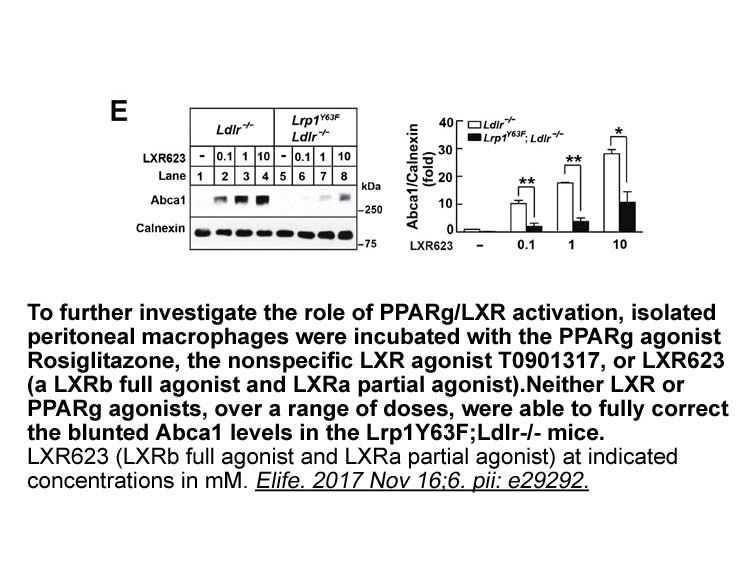Archives
The therapeutic potential of acetate has been advocated by
The therapeutic potential of acetate has been advocated by research on neurodegenerative disorders such as Canavan's disease (Arun et al., 2010, Mathew et al., 2005), where oral acetate improved motor function in a genetic model of the disorder, and in studies of behavioural phenotypes associated with glutamate receptor N-methyl-d-aspartate receptor (NMDAR) blockade, that demonstrate acetate attenuation of cognitive deficits (Singh et al., 2016). The latter study has particular clinical relevance given that NMDAR hypofunction has been implicated in the pathophysiology of schizophrenia (Krzystanek et al., 2015, Krzystanek et al., 2016, Tarazi et al., 2003). Region specific increase in NMDAR subunits have been observed following B-GOS® feeding and acetate supplementation in rats (Gronier et al., 2018, Kao et al., 2018, Savignac et al., 2013), further illustrating that prebiotics, and possibly prebiotic-derived acetate, may mediate the central effects of these carbohydrates.
The attenuation of olanzapine-induced weight gain by B-GOS® may be mediated by acetate, as direct administration of the latter suppresses food intake (Frost et al., 2014), which conceivably counter-balances olanzapine-induced augmentation of energy consumption (Deng et al., 2012, Skrede et al., 2012). A proposed mechanism for the satiating effect of acetate, is that it increases colonic secretion of anorectic gut hormones (Christiansen et al., 2018), which might also explain why a prebiotic that grows bacteria has the same effect on olanzapine-mediated weight gain as antibiotic administration (Davey et al., 2012) or germ-free status (Morgan et al., 2014). That is, elevated secretion of anorectic gut hormones have been reported in germ-free mice (Khosravi et al., 2015), and with the administration of broad spectrum Raltitrexed (Rajpal et al., 2015), which suggests that increased gut hormone secretion is an effect shared by acetate administration and the reduction or elimination of gut bacteria. Therefore, it is reasonable to investigate whether the intake of acetate alone would have the same metabolic effects as B-GOS®.
The aim of this study was first, to determine the individual influences of B-GOS® and sodium acetate intake on HDAC and HAT activities in the rat brain, and the expression of HDAC encoding genes. The specific quantification of HDAC1-4 mRNAs was chosen as their central expression are influenced by acetate intake, and/or they modulate NMDA receptor expression (Nghia et al., 2015, Soliman et al., 2012). Second, we examined whether sodium acetate ingestion would prevent olanzapine-induced weight gain as we have reported for B-GOS® (Kao et al., 2018). Third, we explored the effect of sodium acetate supplementation on the abundance of selected gut bacterial genera which are altered by B-GOS®. This was to verify whether ac etate production in the gut, through prebiotic fermentation, contributes to changes in the levels of gut bacteria.
etate production in the gut, through prebiotic fermentation, contributes to changes in the levels of gut bacteria.
Materials & methods
Results
Discussion
In the present study, we compared the central epigenetic effect of a daily, oral administration of either the prebiotic, B-GOS®, or sodium acetate in rats, and investigated whether the intake of acetate alone, like B-GOS® (Kao et al., 2018), attenuated olanzapine-induced weight gain. The administration of B-GOS® inhibited central HDAC activity and increased cortical HDAC-1 and HDAC-3 expression. However, the ingestion of sodium acetate inhibited HAT, not HDAC, activity in the brain, and increased hippocampal levels of HDAC-3 and HDAC-4 mRNAs. Furthermore, acetate administration did not affect olanzapine-mediated weight gain, alter the expression of NMDAR subunits, or influence the abundance of candidate faecal microbial genera. Together, these data suggest that B-GOS®-mediated benefits on central  and peripheral physiology are not entirely, if at all, mediated by acetate produced from the microbial fermentation of this prebiotic.
and peripheral physiology are not entirely, if at all, mediated by acetate produced from the microbial fermentation of this prebiotic.